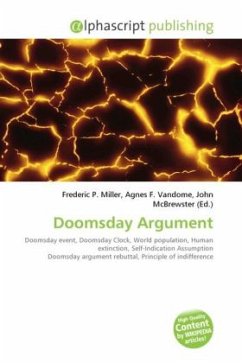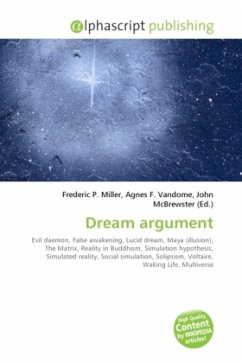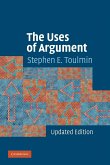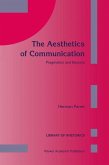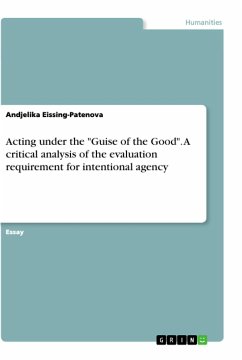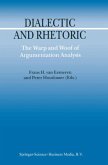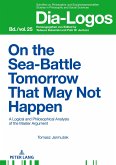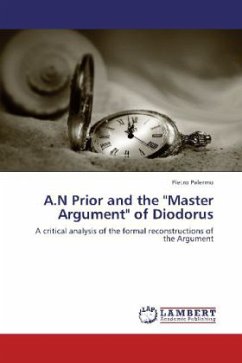High Quality Content by WIKIPEDIA articles! The Doomsday argument (DA) is a probabilistic argument that claims to predict the number of future members of the human species given only an estimate of the total number of humans born so far. Simply put, it says that supposing the humans alive today are in a random place in the whole human history timeline, chances are we are about halfway through it. It was first proposed in an explicit way by the astrophysicist Brandon Carter in 1983, from which it is sometimes called the Carter catastrophe; the argument was subsequently championed by the philosopher John A. Leslie and has since been independently discovered by J. Richard Gott and Holger Bech Nielsen. Similar principles of eschatology were proposed earlier by Heinz von Foerster, among others. Denoting by N the total number of humans who were ever or will ever be born, the Copernican principle suggests that humans are equally likely (along with the other N - 1 humans) to find them atany position n, so humans assume that our fractional position f = n/N is uniformly distributed on the interval (0, 1] prior to learning our absolute position.

